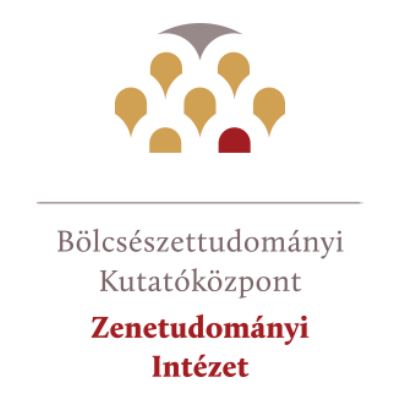Szőnyiné Szerző Katalin
Égi és földi csillagok erőterében.
Ábrányi Kornél Liszt-portréja 1873-ból
DOI: https://doi.org/10.23714/mzo.015
A Liszt Ferencnél 11 évvel fiatalabb Ábrányi Kornél Liszt legbensőbb hazai baráti köréhez tartozott. 1860 októbere óta Ábrányi az első magyar zenei szaklap, a mintegy 16 évig fennálló Zenészeti Lapok tulajdonosa és főszerkesztője, és ebben a minőségében mindvégig Liszt Ferenc életművének fő eszmei támogatója. Amikor 1873-ban Budapest főváros november 17-ei megszületése előtt Liszt 50 éves pesti művészi jubileumának egyik ötletadója, majd az események legfontosabb szervezője és közreműködője, a november 9-én felhangzó Krisztus oratórium ünnepi műsorfüzetével, benne Ábrányi Liszt Ferenc életrajzával, érdekes bepillantást kapunk egy Liszt-kortárs zenetudományi alkotói műhelyébe. Egy alkalmi kiadvány köntösében az író valójában sok éves, komoly kutatásokra, a mesterrel folytatott személyes beszélgetésekre visszavezethető biográfiát nyújt a Pesti Vigadóban összegyűlt ünneplő közönség kezébe. 26 oldal terjedelmével ez az első jelentős magyar nyelvű munka, mely Liszt életét és munkásságát fél évszázadra visszatekintve elénk tárja. De az arckép, mely Ábrányi Kornél sajátos nézőpontjából kirajzolódik, mennyire hiteles? Beleszól-e a napi politika, a dualizmus kori magyar zenei élet Bécshez igazodó, egyensúlyra törekvő kulturális diplomáciája? Kérdések, melyeket csak gondos textológiai elemzéssel, a ma ismert adatok összevetésével tudunk megválaszolni.
Profile in the Force Field of Celestial and Terrestrial Stars – Kornél Ábrányi’s Portrait of Liszt from 1873
Kornél Ábrányi was 11 years Ferenc Liszt’s junior and belonged to latter’s closest circle of friends inHungary. Fromits foundation in October 1860 and during its 16 years of existence, hewas owner and Editor-in-Chief of the first Hungarianmusical journal (Zenészeti Lapok), in which capacity he also acted throughout as the main ideological supporter of Ferenc Liszt’s lifework. Prior to the creation of the modern capital of Budapest (November 17, 1873), Ábrányi was one of the most important initiators, organizers, and contributors of the events connected to Liszt’s 50-year artistic jubilee in Pest. Ábrányi’s biography of Liszt, included in the festive programme booklet to the performance of the Christus oratorio (November 9), offers an interesting glimpse into the creative workshop of a musicologist who was Liszt’s contemporary. In the guise of an occasional publication, handed out to celebratory audience gathered at the Pest Redoute (Vigadó), the author actually presents a biography going back to many years of serious research and personal conversations conducted with the Master. With a length of twenty-six pages, Ábrányi’s writing became the first significantwork in Hungarian to present the life andwork of Ferenc Liszt, looking back half a century. Only how authentic is the portrait that drawn from Kornél Ábrányi’s specific perspective? Is it influenced in any way by the daily politics and the cultural diplomacy of Hungarian musical life, aligned with Vienna and striving for balance, during the age of dualism? These questions can only be answered through a careful textological analysis and by confronting of the data we are aware of today.

